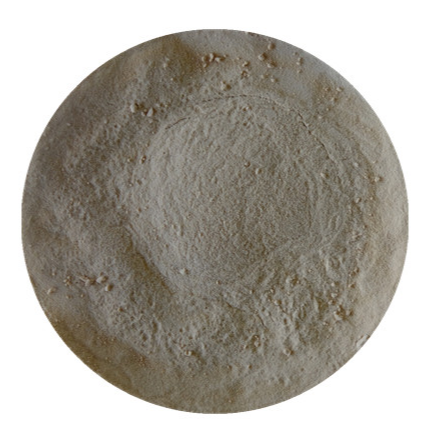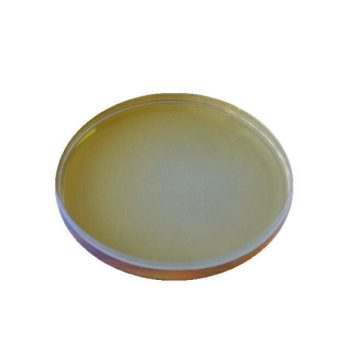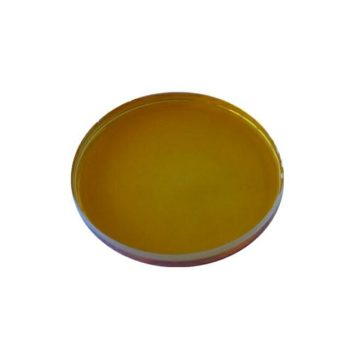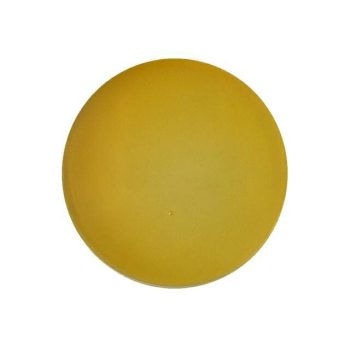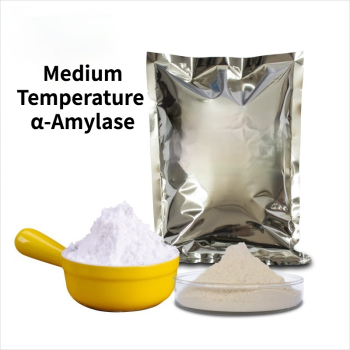Food Grade Bacteria Alpha Amylase Enzyme Powder
Introduction
Low-temperature α-amylase (AAL) is produced by submerged fermentation of Bacillus subtilis followed by purification and formulation. The product is not as heat-stable as thermostable α-amylase, bringing the benefit of easy inactivation.
The enzyme is widely used in the starch-related industry where degradation of starch is necessary, such as starch sugar processing (glucose, maltose, dextrin, fructose, oligosaccharides), alcohol fermentation, brewing, monosodium glutamate fermentation, organic acid production, textile, papermaking, and others.
Mechanism
This product belongs to the family of hydrolytic enzymes, attacking α-1.4 glycosidic bonds in starch, glycogen, etc., producing dextrin, oligosaccharides, and a small amount of glucose.
Definition of Unit
1 unit of Low-Temperature Alpha-Amylase equals the amount of enzyme which liquidizes 1 g of soluble starch at 60℃ and pH 6.0 in 1 hour.
Characteristics
| Declared Activity | 3000 u/g |
| Production Organism | Bacillus subtilis |
| Physical Form | Powder |
| Color | Yellowish. Color can vary from batch to batch. Color intensity is not an indication of enzyme activity. |
| Odour | Normal microbial fermentation odour. |
Product Standard
The product complies with GB1886.174.
| No. | Items | Index | |
| 1 | Bulk density/(g/ml) | 1.10-1.25 | |
| 2 | pH/(25℃) | 5.5-7.0 | |
| 3 | Lead/(mg/kg) | ≤5.0 | |
| 4 | Arsenic/(mg/kg) | ≤3.0 | |
| 5 | Total viable count/(CFU/mL) | ≤50000 | |
| 6 | Coliform Bacteria/(CFU/mL) | ≤30 | |
| 7 | Escherichia coli (CFU/mL) | <10 (MPN/mL) ≤3.0 | |
| 8 | Salmonella/(25mL) | Not Detected |
Dosage
- Alcohol and ethanol industry: The recommended dosage is 0.6-1.2 L per ton of total raw materials.
- Brewing industry: The recommended dosage is 0.4-0.8 L of the enzyme preparation per ton of total raw materials, added at mashing-in.
- Starch sugar industry: The recommended dosage is 0.5-1.0 L per ton of dry starch.
- Other industries: Can also be used in the processing of rice wine, vinegar, antibiotics, and citric acid industry, etc. to increase yield and reduce fermentation time.
Reminding: The dosage has to be optimized based on each application, the raw material specifications, product expectation, and processing parameters. It is better to begin the test with the convenient volume.
Package
Package: 1 kg / bag.
Storage
Storage: Keep sealed in a dry and cool place and avoid direct sunlight.
Shelf Life
Shelf life: 12 months in a dry and cool place.
Safety
Enzyme preparations are proteins, which may induce sensitization and cause allergic-type reactions in sensitized individuals. Prolonged contact may cause minor irritation for skin, eyes, or nasal mucosa, so any direct contact with the human body should be avoided. If irritation or allergic response for skin or eyes develops, consult a doctor.
